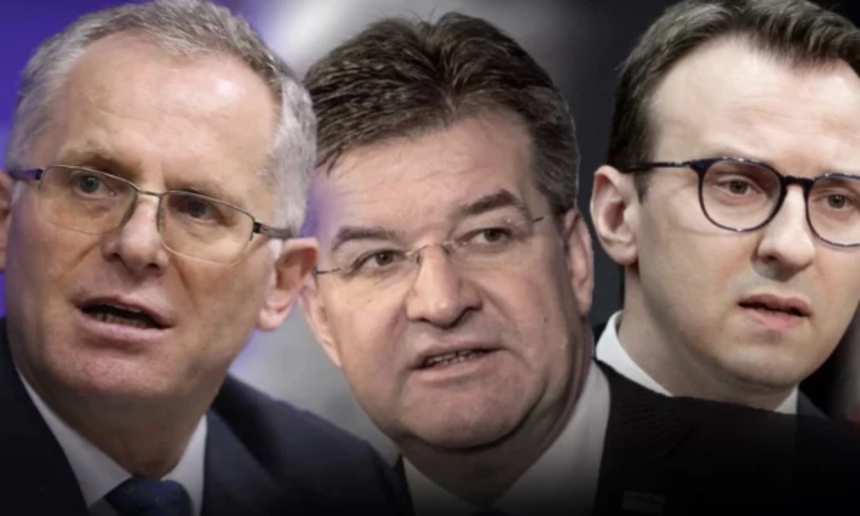Kosovo and Serbia reached a significant agreement in Brussels on December 16, 2024, regarding the creation of a Joint Commission for Missing Persons, following extensive discussions. This agreement focuses on human rights issues, particularly the urgent need to address the cases of missing individuals from the 1998-2000 conflict period.
The talks, which were led by EU Special Representative Miroslav Lajčak, covered several important topics, including freedom of movement, energy, and vehicle license plates. One of the central issues was the implementation of the Ohrid Basic Agreement and its Annex, where Kosovo emphasized its commitment to full implementation, while Serbia has yet to accept or take steps toward beginning its execution.
Lajčak praised Kosovo’s decision to allow the registration of civil status facts for ethnic Serbs living in Kosovo. This move was seen as a positive step toward building trust and facilitating better cooperation between the two countries. Kosovo’s Deputy Prime Minister, Besnik Bislimi, reaffirmed the country’s constructive stance in advancing the implementation of the Basic Agreement and its Annex, while also raising concerns about the discrimination faced by ethnic Albanians in the Preševo Valley, where Serbian authorities have recently blocked a donation intended to support Albanian farmers.
The creation of the Joint Commission for Missing Persons is a critical aspect of the ongoing dialogue between Kosovo and Serbia. This commission will be responsible for overseeing the implementation of the May 2023 Declaration on Missing Persons, signed by Serbian President Aleksandar Vučić and Kosovo Prime Minister Albin Kurti. The Commission will focus on identifying mass grave sites, ensuring access to accurate and reliable information, and utilizing advanced technology such as satellite data and LIDAR to aid in the search for the missing.
Additionally, the EU’s External Action Service welcomed the commitment from both Kosovo and Serbia to treat the issue of missing persons as a humanitarian concern. Since 1998, 6,065 individuals have been reported missing, with 1,607 cases still unresolved. The EU emphasized the importance of urgent efforts to close these cases and provide closure to the affected families and communities.
The European Union also commended both parties for their constructive approach, which made this breakthrough possible. Lajčak has called on both Kosovo and Serbia to nominate their respective representatives for the first meeting of the Joint Commission by mid-January 2025.
This agreement marks a significant step forward in the normalization of relations between Kosovo and Serbia, with the EU stressing that the full implementation of the 2023 Agreement on the Path to Normalization will benefit both nations and their people. The EU has urged both sides to begin implementing the agreement in its entirety.







